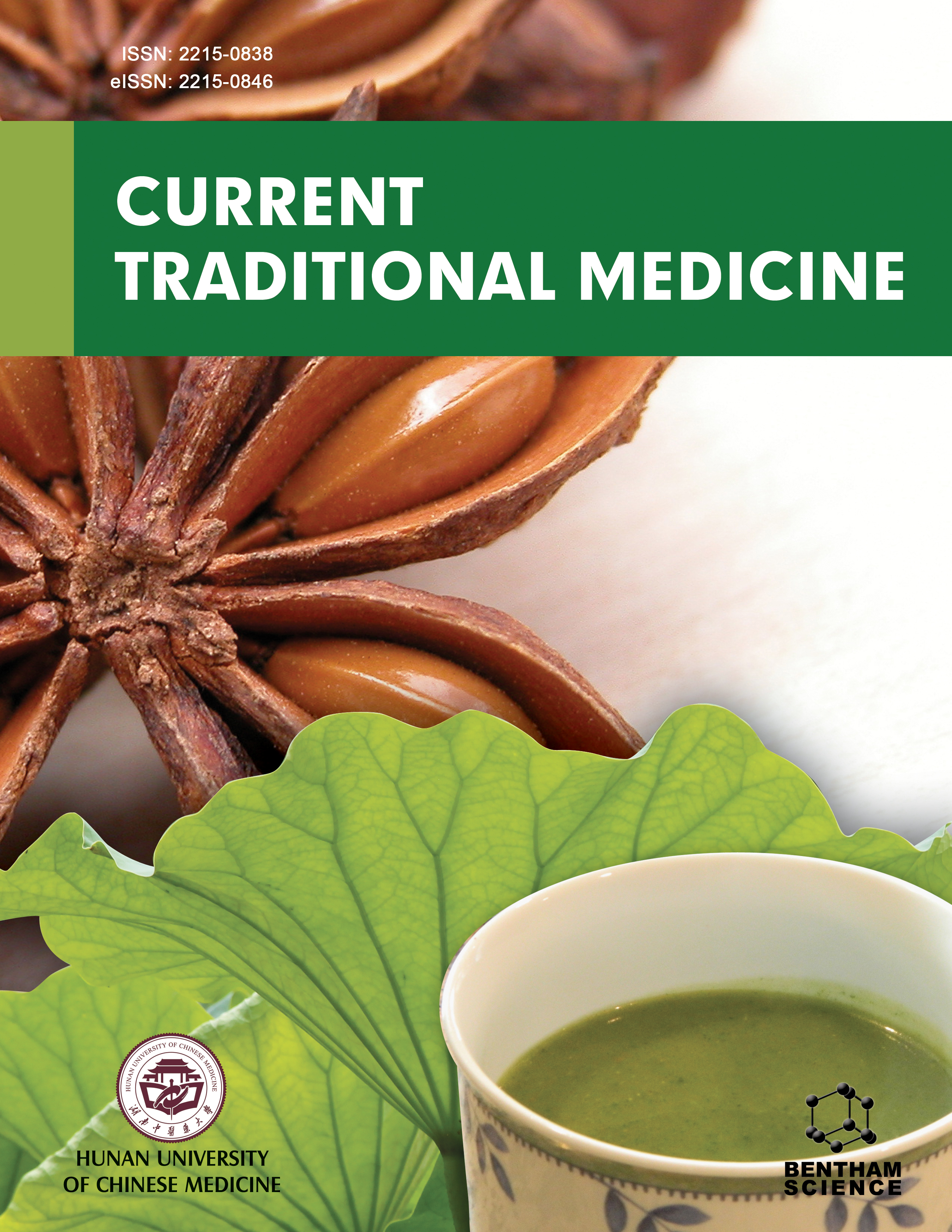-
f Effects of the Biological Diversity (Amendment) Bill, 2021 on India's AYUSH Industry
- Source: Current Traditional Medicine, Volume 11, Issue 2, Mar 2025, E201023222483
-
- 28 Jul 2023
- 19 Sep 2023
- 11 Dec 2023
Abstract
Some of the most well-known ancient medical systems in India include Ayurveda, Yoga, Unani, Siddha, and Homoeopathy (AYUSH), whose medications are made primarily from medicinal plants gathered from forests. The Biological Diversity Act, of 2002 was created in India to carry out the 1992 United Nations Convention on Biological Diversity (CBD). The CBD aims for a sustainable, equitable, and shared distribution of benefits resulting from the use of biological resources and traditional knowledge. With one of its goals being to encourage the cultivation of medicinal plants, the Biological Diversity (Amendment) Bill, 2021, which proposes to amend the Biological Diversity Act of 2002, has been adopted by the lower house (Lok Sabha) of the Indian parliament.
The goal of the study is to examine how the amendment will affect the AYUSH sector, which also happens to be the source of India's traditional medicines.
A distinction between cultivated and wild medicinal plants has been made, with cultivated medicinal plants being excluded from the access and benefit-sharing (ABS) mechanism upon acquiring the certificate of origin. This can give rise to false claims by the traders and manufacturers that their medicinal plants are cultivated. According to the most recent modification, the majority of traditional knowledge employed in the AYUSH systems of medicine is codified. Therefore, this may increase the likelihood that ethnic traditional knowledge holders may not receive the full benefits of ABS. The other argument is that eliminating AYUSH practitioners, cultivated medicinal plants, and cultivated traditional knowledge from access and benefit sharing, would promote foreign investment in the AYUSH sector.
This amendment must, in practice, ensure that tribes and vulnerable people profit from the sale of medicinal forest products, and decriminalising certain clauses actually advances AYUSH, and simplifies business operations. Striking a balance between encouraging economic growth and maintaining the long-term preservation of India's biodiversity is necessary.


